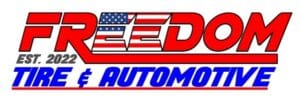Understanding Trailer Tire Types
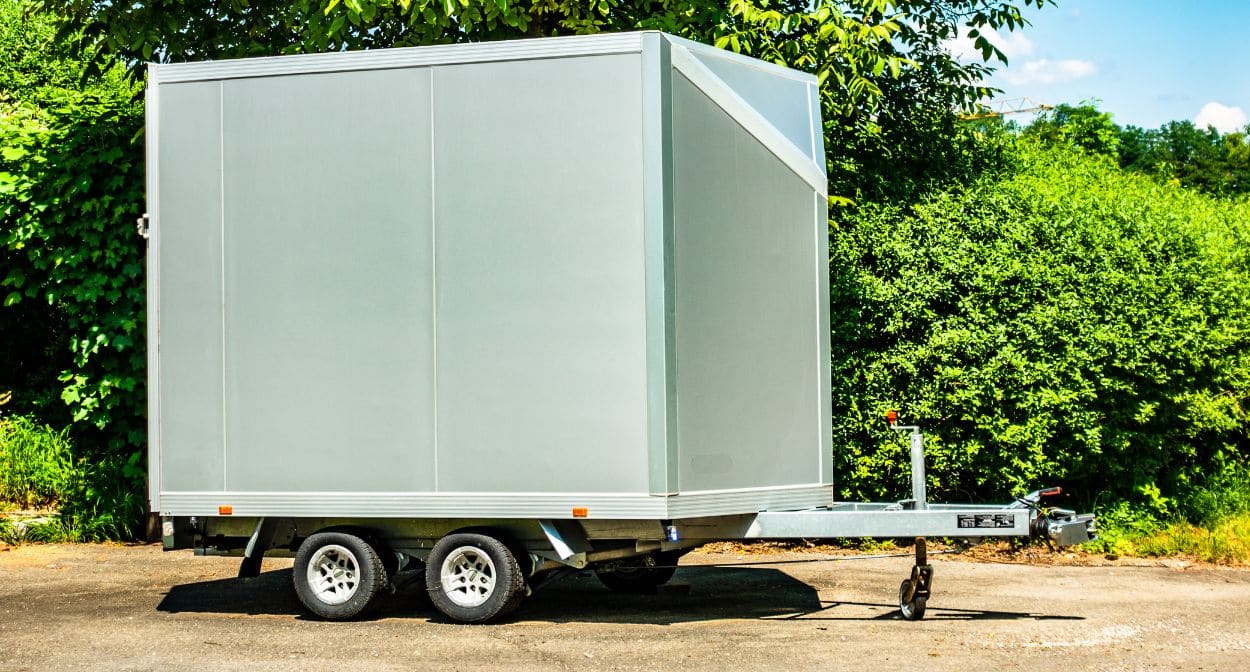
1. Radial Trailer Tires (ST Radial)
Radial tires feature a flexible steel belt construction that runs at a 90-degree angle to the tread. These tires are ideal for long-distance towing due to their superior heat dissipation, which reduces the risk of blowouts. Radial tires also provide better traction and a smoother ride.
2. Bias Ply Trailer Tires (ST Bias)
Bias ply tires have a crisscrossed ply construction, making them more rigid and durable for off-road use. They are a great choice for trailers that frequently navigate rugged terrain, but they wear faster on paved roads and may not offer the same level of ride comfort as radial tires.
Key Factors to Consider When Choosing Trailer Tires
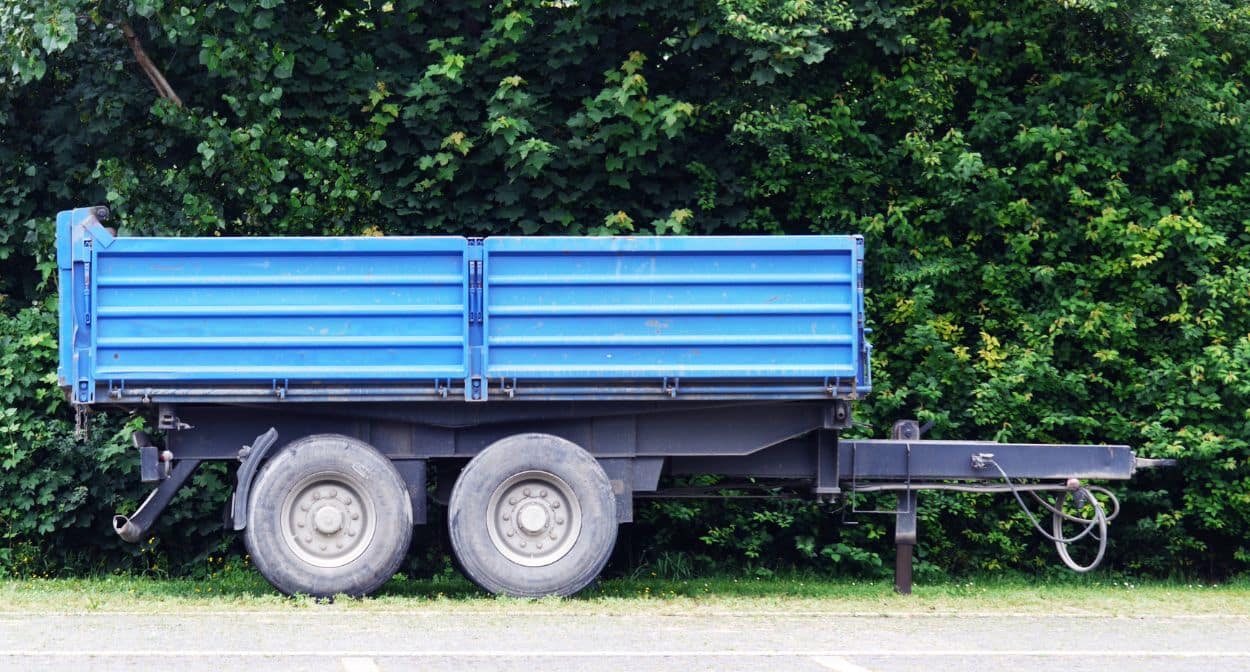
1. Load Capacity
The load capacity of a tire is critical and is determined by its load range. Each tire has a maximum weight it can safely carry, which is indicated on its sidewall. When selecting tires, ensure they meet or exceed the Gross Vehicle Weight Rating (GVWR) of your trailer. This rating includes the weight of the trailer itself plus any cargo it carries.
2. Tire Size
Trailer tire sizes are typically expressed in a format such as 225/75R15. The first number indicates the tire’s width in millimeters, while the second number represents the aspect ratio (the height of the sidewall as a percentage of the width). The letter indicates the construction type (R for radial), and the final number denotes the diameter of the wheel rim in inches.
3. Tire Construction: Radial vs. Bias Ply
- Radial Tires: These have steel belts running at a 90-degree angle to the tread centerline. They offer better heat dissipation, lower rolling resistance, and a smoother ride, making them ideal for highway use.
- Bias Ply Tires: With belts running at a 30-45 degree angle, these tires provide a stiffer sidewall which can enhance stability under certain conditions but may not perform as well at high speeds.
Overall, radial tires are generally preferred for most trailer applications due to their durability and performance characteristics.
4. Tread Depth
Tread depth affects traction and stopping distance, especially in wet conditions. A new trailer tire typically has a tread depth of 12/32 inches or more. Regularly check your tire tread depth; if it falls below 2/32 inches, it’s time for a replacement.
5. Inflation Pressure
Proper inflation is essential for maximizing load capacity and ensuring safety on the road. Always inflate trailer tires to their maximum pressure when cold, as indicated on the tire’s sidewall. Under-inflated tires can lead to overheating and premature wear.
6. Speed Rating
Trailer tires have specific speed ratings that indicate the maximum speed they can safely handle without risk of failure. Most trailer tires have speed ratings ranging from 65 to 75 mph. Exceeding these limits can cause excessive heat buildup leading to blowouts.
Special Considerations for Trailer Tires
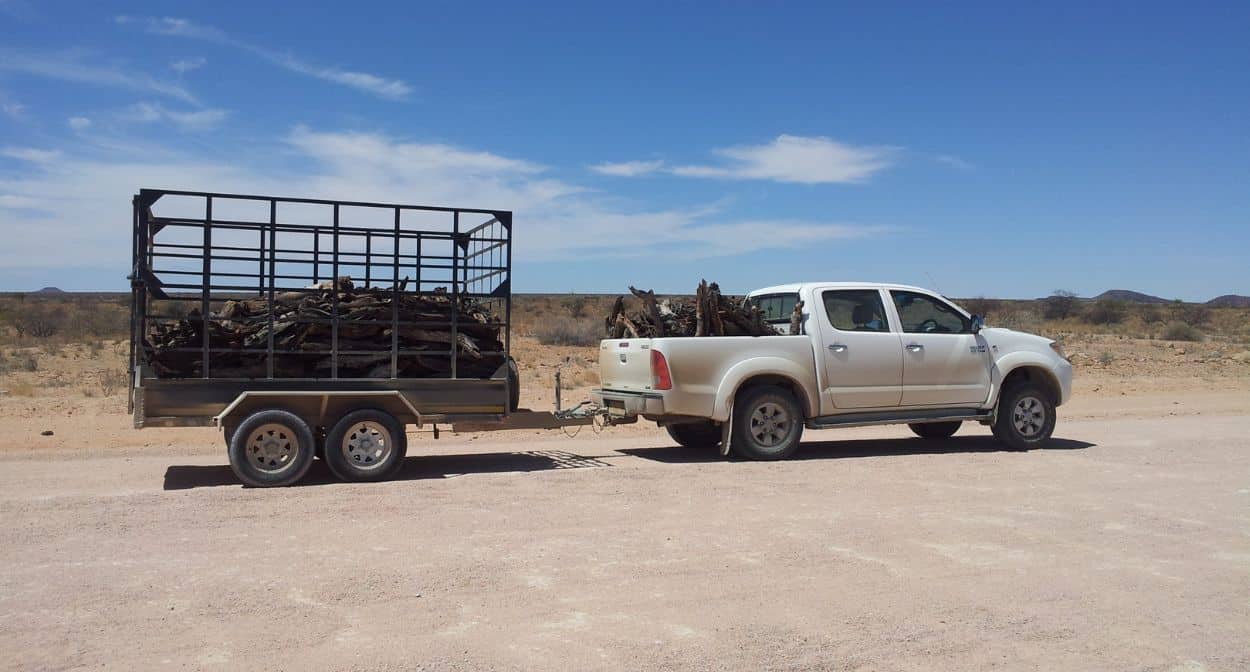
Trailer Tire Age: Tires degrade over time, even if they appear in good condition. Replace trailer tires every 5–7 years, regardless of tread depth, to ensure safety.
Spare Tire Readiness: Don’t overlook the spare tire! Ensure your spare matches the size and load rating of your primary tires and is inflated to the correct pressure.
Tips for Maintaining Trailer Tires
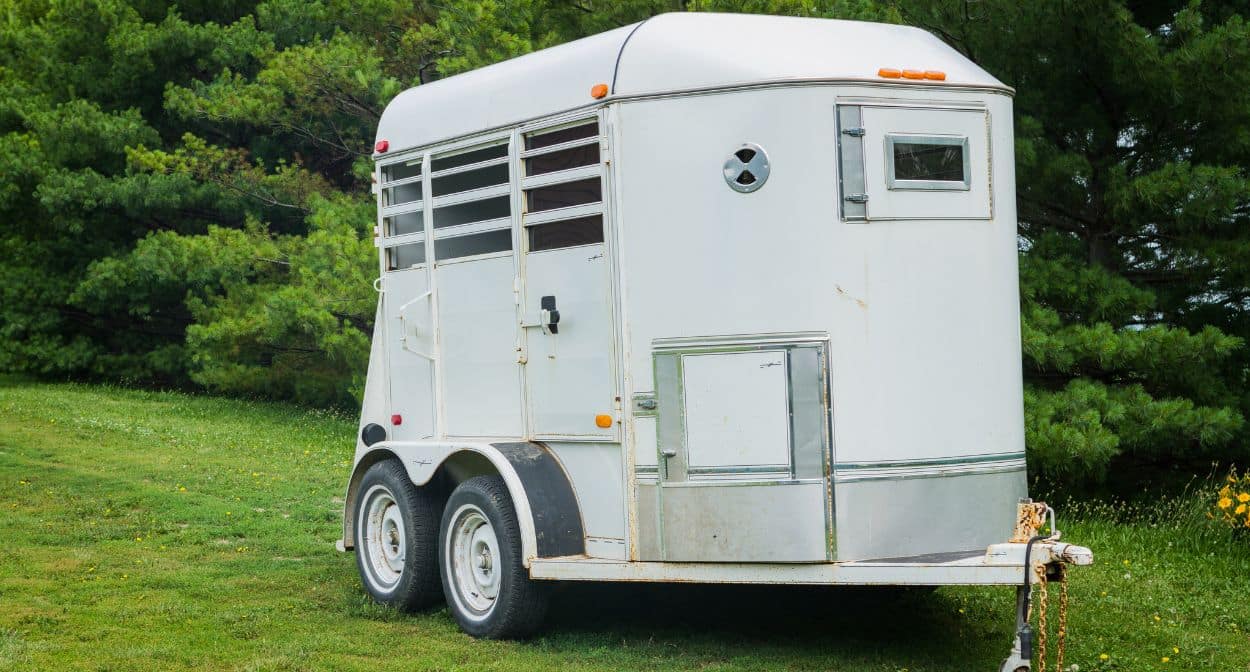
1. Check Tire Pressure Regularly
Trailer tires are designed for higher inflation pressures than passenger tires. Underinflation can lead to uneven wear, overheating, and blowouts. Use a reliable tire pressure gauge to check and adjust pressures before each trip.
2. Inspect for Wear and Damage
Look for cracks, bulges, or irregular wear patterns on your tires. Uneven tread wear may indicate alignment or suspension issues that need addressing.
3. Rotate Tires
Regular tire rotation promotes even wear, especially for multi-axle trailers. Rotate your tires every 5,000–7,000 miles or as recommended by the manufacturer.
4. Protect Tires During Storage
Use tire covers to shield your trailer tires from UV rays and weather elements when not in use. Storing your trailer on blocks can also prevent flat spots.
5. Avoid Overloading
Overloading your trailer exceeds the tire’s capacity, leading to faster wear and potential blowouts. Distribute cargo evenly and adhere to your trailer’s weight limits.
Top Brands for Trailer Tires
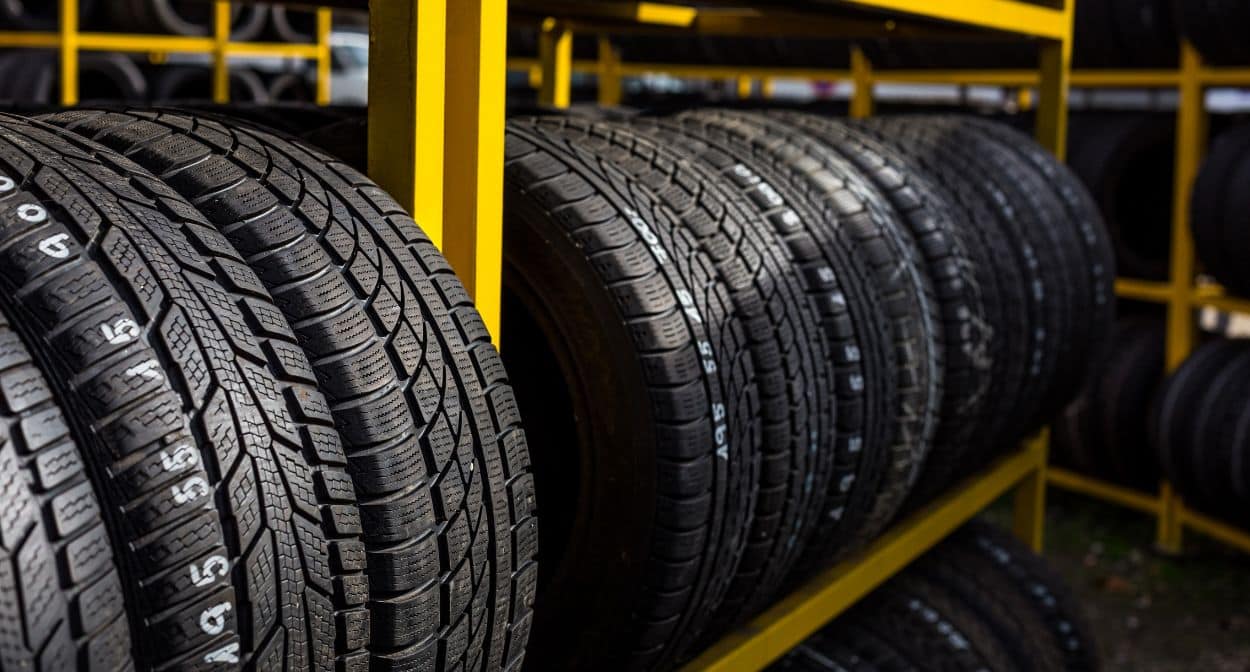
Here are some reliable brands that offer high-quality trailer tires:
- Goodyear Endurance: Known for durability and exceptional heat resistance.
- Carlisle Radial Trail HD: Offers a strong construction and excellent load capacity.
- Maxxis M8008: Popular for its longevity and smooth performance.
- Trailer King ST Radial: A budget-friendly option without compromising quality.
Conclusion
Choosing the right trailer tire is crucial for safety and performance. By understanding the differences between radial and bias ply tires, considering load ratings and size, and prioritizing maintenance, you can ensure a smooth and reliable towing experience.
Whether you’re a weekend warrior or a professional hauler, investing in the right trailer tires will save you time, money, and stress in the long run. Take the time to evaluate your needs, research your options, and consult with a professional tire service when in doubt.
